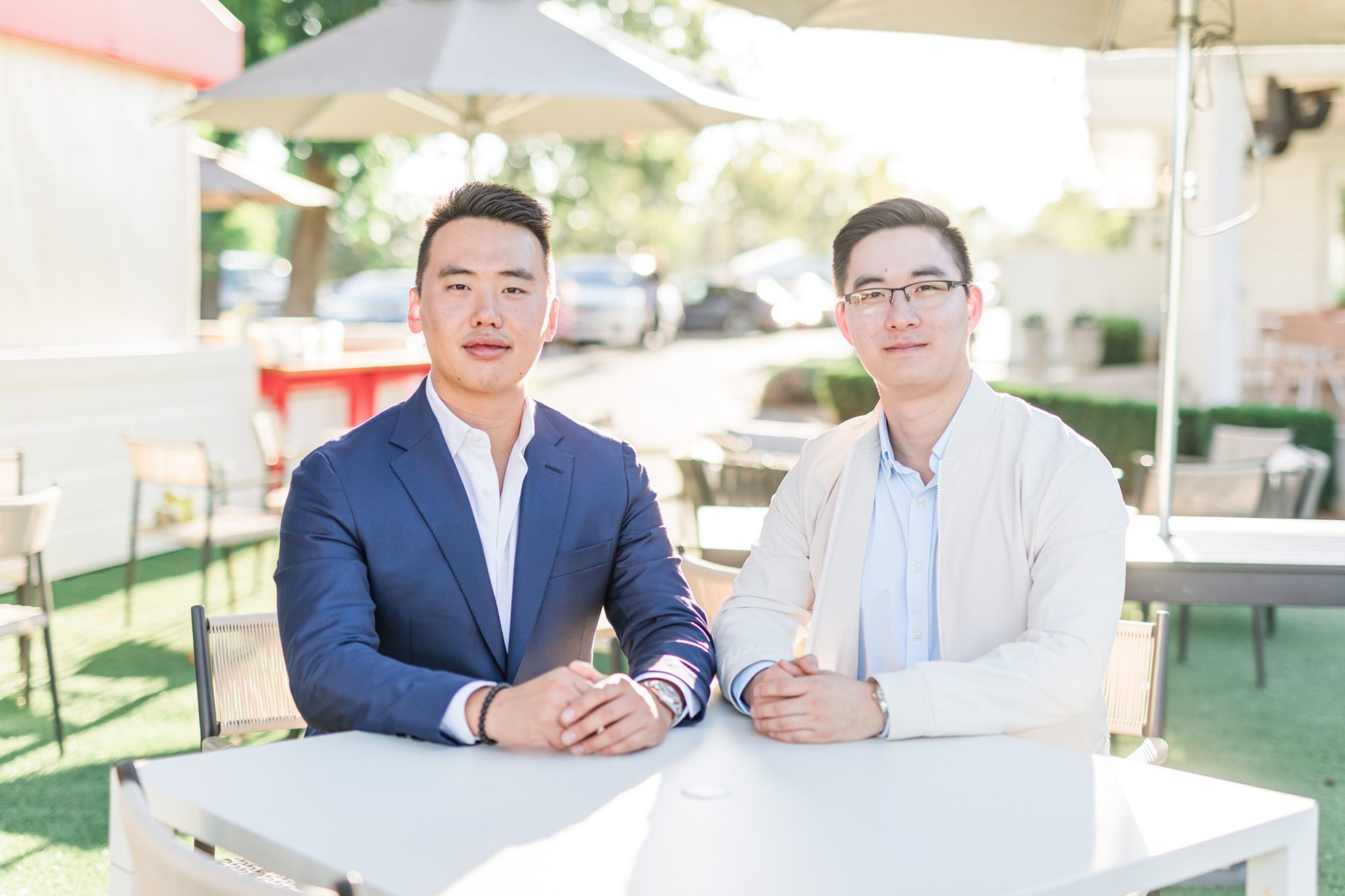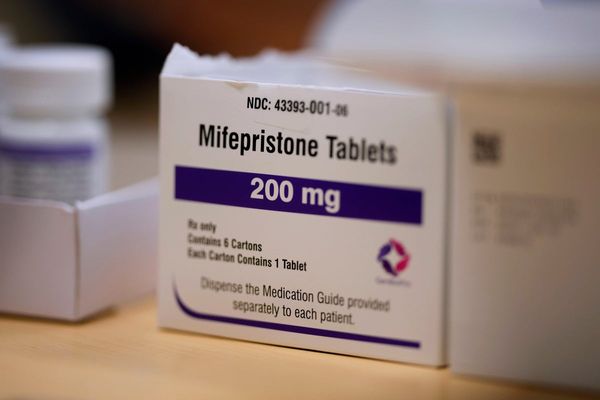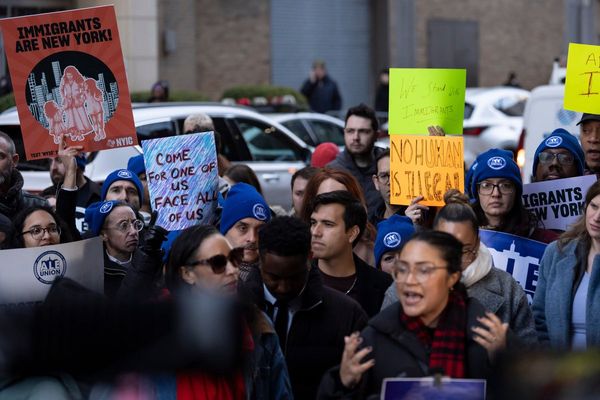
Like so many people with busy 9-to-5s, high school teacher Suzanne Grinberg has a scheduling problem: By the time she has a free moment in her day to call her doctor to make an appointment, the doctor’s office is already closed.
So, when she recently called her dermatologist before business hours, Grinberg expected to leave a voicemail—but instead got a pleasant surprise. “At 5:30 AM, when I was putting on my makeup to go to work, I was able to make my appointment,” she said.
Grinberg’s dermatologist had started using a voice AI system called Assort Health, a startup building specialty-specific agents for healthcare. The company was founded in 2023 by Jeff Liu and Jon Wang, who together spent two years getting to know the healthcare system before the startup picked up steam.
“What’s really interesting about our space is that voice AI and LLMs have actually been around for a while,” said Liu, who is the co-CEO. “But healthcare is so complicated. They have binders, spreadsheets full of these really complicated rules, and that’s prevented automation from helping providers—despite them really needing help.”
Assort, which to date has collected approximately 42 million patient interactions on its platform, raised its $22 million Series A in April, with Term Sheet breaking the news. They’re now back, just a few months later: Assort has raised a $76 million Series B, led by Lightspeed, Fortune can exclusively report. First Round and Chemistry, which led the Series A, returned as investors for this round and were joined by Felicis, A*, Liquid 2 Ventures, and Quiet. This brings Assort’s total capital raised to date to $102 million, and to one doctor, the tech solves a key business problem.
“The problem in any business, if you don’t have individuals working at the top of their license, is that you’re leaving money on the table,” said Dr. Titus Abraham, physician at Annapolis Internal Medicine, a practice using Assort. “They’re doing things that can be done better by someone else or by a different system…I shouldn’t be signing paperwork or taking calls all day.”
The end game, says cofounder and co-CEO Wang, is “moving from a reactive system where you as a patient have to schedule a primary care appointment six months out, to a system that’s more proactive and preventative.” For example, Wang says, “if you know after you get your cortisone injection in your right knee, you need to schedule another appointment three months out, we’re going to have an agent that’s going to be there for you, helping make sure you get your time booked right.”
It’s a lofty goal, to be sure, and not one any single company can accomplish in a system as labyrinthine and layered as U.S. healthcare. All the same, this is a moment characterized by a unique level of optimism (and venture dollars) flowing into a wave of young startups at the intersection of healthcare and AI. Lightspeed partner Galym Imanbayev attributes this momentum to “the surface area by which technology and AI can impact healthcare [having] dramatically expanded…leading to unprecedented ROI demonstrated tangibly by customers.” Olympic gold medal speedskater and Assort investor Apolo Ohno puts it more directly: “The radical speed at which AI is transforming industries right now is not debatable.”
For Assort’s Liu, the ultimate value is in the patient experience: “It’s a painful process to get access to care. And when we solve this critical problem in a way patients and providers haven’t seen before, it’s this magical moment.”
See you tomorrow,
Allie Garfinkle
X: @agarfinks
Email: alexandra.garfinkle@fortune.com
Submit a deal for the Term Sheet newsletter here.
Joey Abrams curated the deals section of today’s newsletter. Subscribe here.







